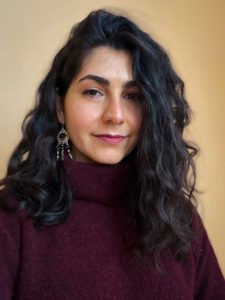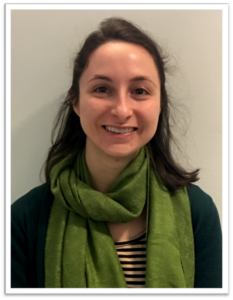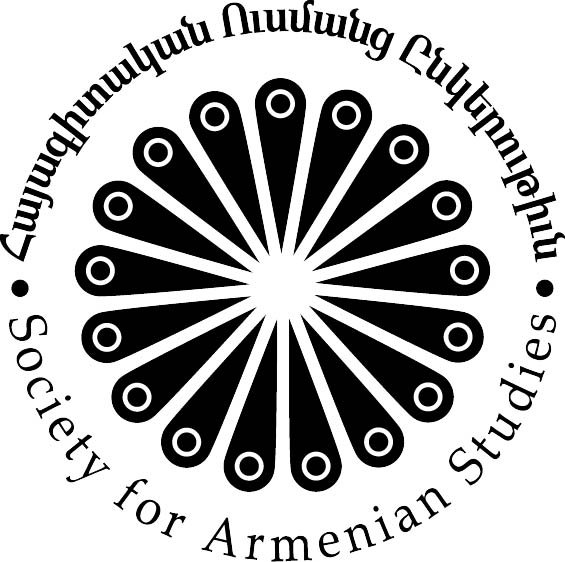The Society for Armenian Studies (SAS) has announced the recipients of its 2019-2021 “Best Conference Paper Award”—Natalie Kamajian for her paper “Performing Paradox: Balleticized Bodies and Soviet Cultural Hegemony in Armenia Stage Dance” and Jennifer Manoukian for her paper “The ‘Discovery’ of the Rural Ottoman Armenian: Ethnography, Linguistic Legitimacy and the Making of a Modern Literary Language.” Each of the winning recipients will receive a $500.00 prize awarded by the Society.

Kamajian’s paper studied the legacy of bemakan par or “stage dance,” arguing that the ballet-centric genre, which belongs to a Western European hegemonic mode of artistic production, marginalizes Armenian vernacular aesthetics. Armenian vernacular dances are “removed from their cultural contexts and relegated to a representative ‘essence’ of an untouched Armenian past that can simply be choreographed over for the proscenium stage.” By using an interdisciplinary methodology, Kamajian looks at how bemakan par depicts in the body the phenomenon of Western/Soviet Russian dominance over Armenian indigenous heritage.
Kamajian is a current PhD candidate in the Department of World Arts & Cultures/Dance at the University of California, Los Angeles (UCLA). After presenting in her first conference, the UCLA Armenian Studies Graduate Colloquium 2021, Kamajian looks forward to continuing to share her work in the coming years. “Exploring Armenian identity formation through the lens of dance has been such a rich point of study for me and I hope my research and findings will help to fill the lacuna on Armenian dance scholarship in both Armenian studies and dance studies,” said Kamajian.
Manoukian delivered her paper at the 42nd Annual Conference of the Nineteenth-Century Studies Association (March 13, 2021). Her paper explores the shifting understandings of linguistic authenticity and legitimacy in the final half-century of Ottoman Armenian intellectual life.

Additionally, it examines how intellectuals across the Empire took advantage of the new scholarly valorization of spoken language to challenge the supremacy of Classical Armenian. By utilizing dictionaries between 1890 and 1915 as prescriptive tools, Manoukian looks to understand the “extent to which the valorization of spoken Armenian had an actual impact on the codification of the written standard known today as Western Armenian.”
Manoukian is a current PhD candidate in the Department of Near Eastern Languages and Cultures (Armenian Studies) at UCLA and second time awardee of the Best Conference Paper Award. Prior to her studies at UCLA, Manoukian attended Columbia University where she received her MA (2014) in Middle Eastern, South Asian, and African Studies. “As I begin to expand this paper into a dissertation chapter, it is encouraging to know that the topic and preliminary findings were of interest to the prize committee. This thought will certainly be energizing in the long months of writing ahead,” added Manoukian.
“This year we have received the highest number of submissions in the history of SAS. More than 15 papers were submitted by graduate students from a variety of disciplines. All of them were highly qualified papers demonstrating the path taken by the young generation in raising sophisticated questions in their respective disciplines. I would like to thank members of the Executive Council of SAS who spent numerous hours from their time evaluating the excellent papers,” said SAS president Bedross Der Matossian in his congratulatory remarks.



Be the first to comment